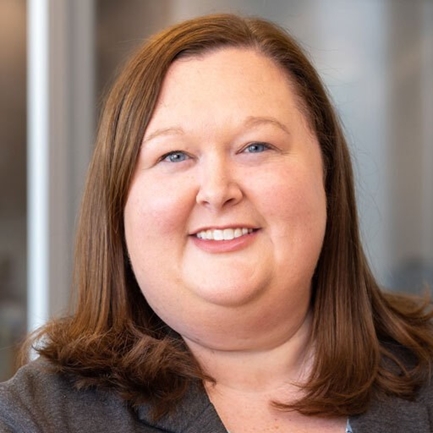
The nation’s graduate medical education (GME) programs should begin their planning efforts now to ensure continued compliance with evolving accreditation requirements. The ACGME, the single accrediting body for all allopathic and osteopathic medical residency and fellowship programs in the US, has released final changes to sections I through V of the common program requirements, with a target implementation date of July 1, 2019. Teaching hospitals will need to immediately begin reviewing their programs to ensure compliance with these revised requirements. This most recent round of updates follows similar themes as the previous changes for section VI, which took effect in July 2017 and included the importance of wellness and diversity in GME training.
Key Changes
The most significant change is the creation of separate sets of requirements for fellowship and residency programs due to the inherent differences in specialty and subspecialty training. Additional changes include more than 30 amendments for both types of programs. To help organizations prepare for these, some key themes related to shifts in both day-to-day program operations and the learning culture are described in the table below.
Cultural Changes
| DIO Authority | The DIO, rather than the Review Committee, will have greater authority and responsibility to monitor compliance with specific requirements. |
| Enhanced Diversity | The PEC must assess the variety of fellows and residents the organization recruits and retains to ensure a diverse workforce. |
| Importance of Wellness | There is a need for work environments that promote well-being (e.g., sleep/rest areas close to the location of clinical responsibilities, facilities for those who are lactating, security and safety measures). |
| Focus on the Community | Programs must integrate community needs into the training curriculum. |
Operational Changes
| Program Letters of Agreement | Requirements for Program Letters of Agreement (PLAs) have been enhanced, including the necessity for DIO oversight; this may call for revised PLAs and development of a new organizational process. |
| Faculty Development | Faculty must participate in annual formal development to enhance their skills as educators. |
| Faculty Evaluation | Faculty must receive annual feedback via evaluations, and these should be used as a basis for development plans. |
| Protected Minimum Time | All program directors (PDs) must have at least 20% of protected time for administration of the program; program coordinators must be supported by at least 50% of protected time. |
| Enhanced PD Requirements | Formalized PD qualification criteria has been added, including at least three years of sufficient experience, appropriate current certification by specialty board (AOA or ABMS), and the ability to serve as a role model of professionalism. |
Next Steps for Teaching Hospitals
To prepare for implementation of these changes, GME leaders should conduct a gap analysis of current institutional and program-specific operations. Academic leaders across the organization should be engaged to proactively redesign curriculum and evaluation tools to align with the new requirements. At the same time, existing faculty development programs should be evaluated and enhanced as needed. Finally, communication with stakeholders throughout the process will be vital to ensure individual program leaders and faculty are up to date on the new requirements in advance of future site visits or reviews.


